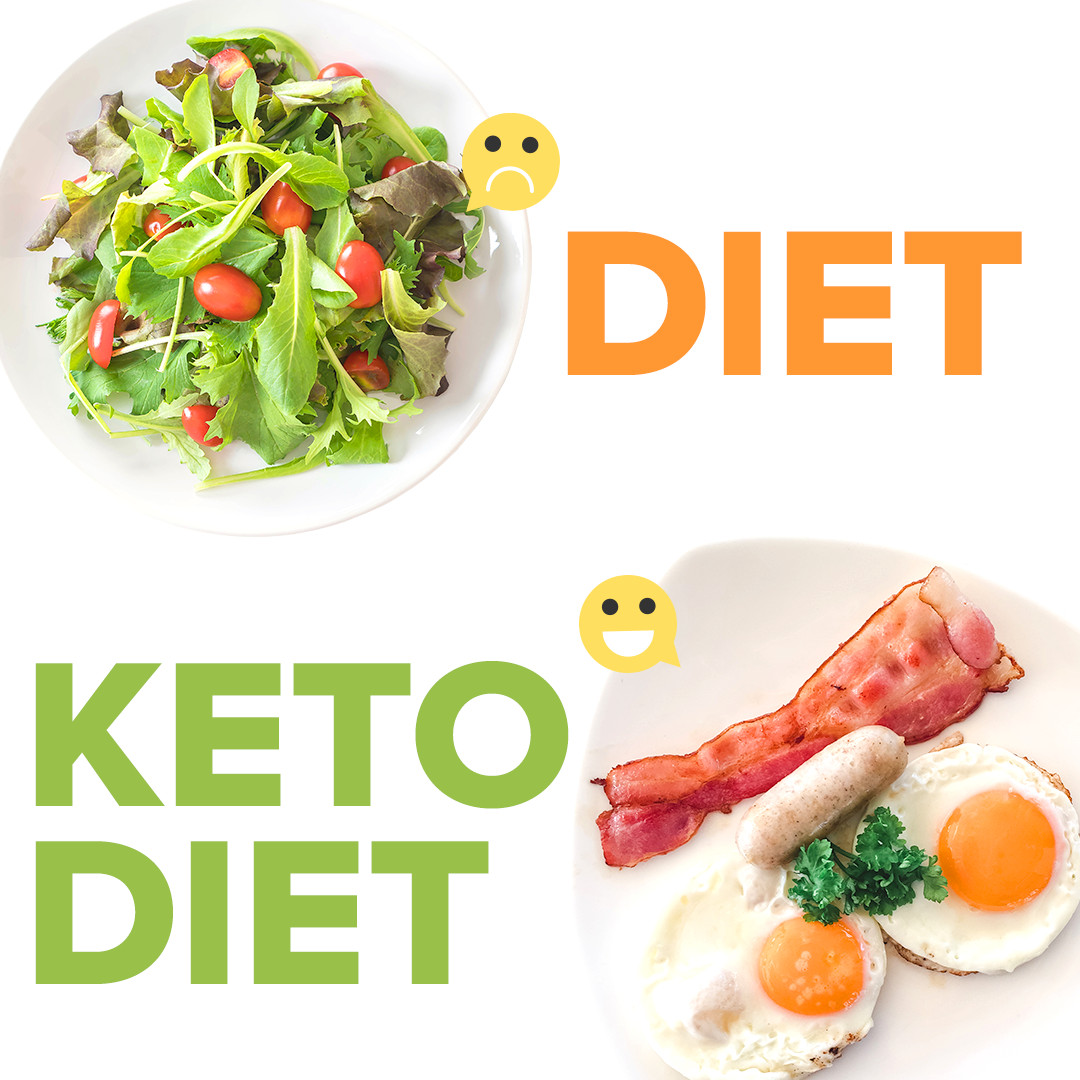The Ketogenic Diet Plan.
The ketogenic diet is a high-fat, low-carbohydrate diet that has been shown to be effective for weight loss. A ketogenic diet is composed of 75% to 90% fat, 5% to 10% protein, and 5% to 10% carbohydrates: The goal of the ketogenic diet is to enter into a state of ketosis, which is a metabolic state in which the body uses ketones sits primary energy source.
The ketogenic diet was first developed in the 1920s by Dr.Robert Atkinss, a physician who was looking for a way to treat patients with obesity and type II diabetes. The ketogenic diet was popularized in the 1990s by Dr.Stephen Phinney, a professor of medicine at the University of California, Davis. Dr.Phinney and his colleagues found that the ketogenic diet was an effective treatment for weight loss and for reversing type II diabetes.
The ketogenic diet has been
shown to be an effective treatment for weight loss A study published in the
journal Diabetes showed that people who followed a ketogenic diet lost more
weight than people who followed a traditional diet. The study participants who
followed the ketogenic diet lost an average of 10.5%
Ketogenic Diet Plan.
A ketogenic diet, or keto diet, is a low-carbohydrate, high-fat diet that has been shown to be beneficial for weight loss and overall health.
The ketogenic diet was first proposed in the 1920s as a treatment for seizures in children. In the 1970s, it was found to be an effective treatment for epilepsy, and more recently, it has been shown to be beneficial for weight loss.
The ketogenic diet is based on the principle that when the body is in a state of ketosis, it uses fat as its primary energy source instead of glucose. On a ketogenic diet, you consume a minimal amount of carbohydrates, with the goal of entering ketosis.
The ketogenic diet is not for everyone, and it is important to consult with a doctor before beginning a ketogenic diet. There are a few things to keep in mind when following a ketogenic diet:
1. You should not follow a ketogenic diet if you are pregnant or breastfeeding.
2. You should not follow a ketogenic diet if you have diabetes or if you are taking medications that affect blood sugar.
3. You should speak with your doctor before starting a ketogenic diet.
Ketogenic Diet.
There is a lot of buzz surrounding the ketogenic diet and for good reason. The ketogenic diet is a very effective way to lose weight and improve your overall health. The ketogenic diet is a high-fat, moderate-protein diet that forces the body to burn fat instead of glucose for energy.
The ketogenic diet was first developed in the 1920s as a treatment for epilepsy. It has since been used to treat a variety of diseases, including epilepsy, type 2 diabetes, and cancer. The ketogenic diet has been shown to be an effective weight-loss tool, and it has also been linked with improvements in blood pressure, cholesterol, and blood sugar.
The ketogenic diet is not for
everyone. It is not recommended for people with diabetes, pregnant women, or
children under the age of 18. The ketogenic diet can also be difficult to
follow, and it may require adjustments to your lifestyle. But if you are
looking to improve your health and lose weight, the ketogenic diet is a great
option.




Comments
Post a Comment